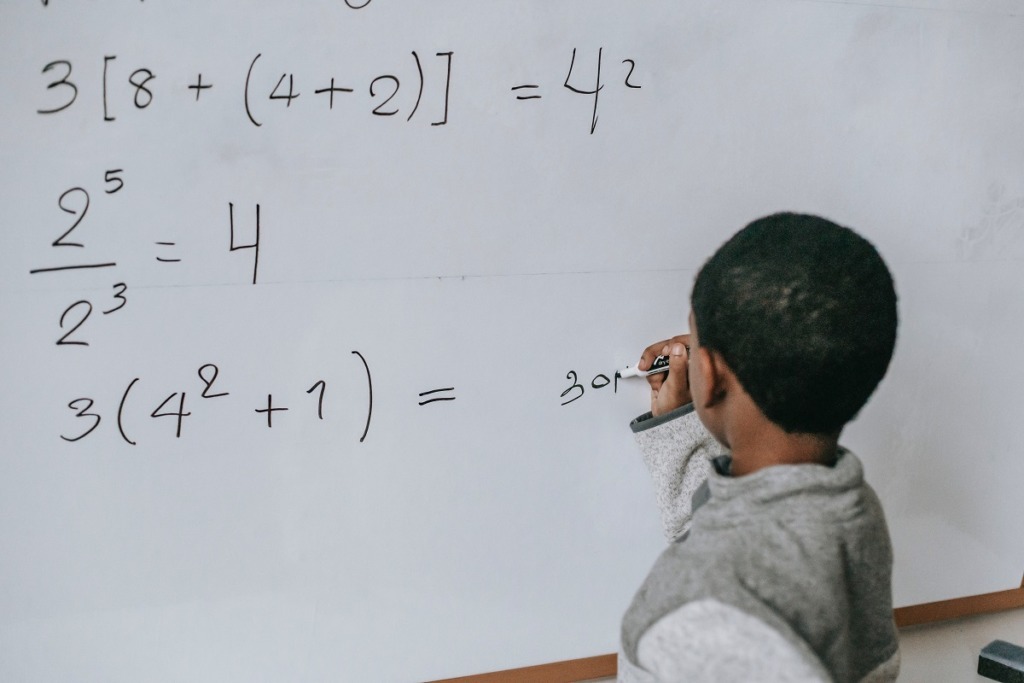
Written by James Burnett
After the challenges of 2020, entering the 2021 school year feels like a restart where parents can make a conscious effort to make the first term count.
One of Australia’s leading mathematics educators and authors, James Burnett, offers his top tips for learning maths. What’s great is that you can implement these at home to help your child as they head back to school in 2021.
1. Visual Representations
Some children face difficulties when it comes to learning mathematics. Keeping your child interested in what they are learning can help ease the challenges that may arise.
Visual learning better engages students as it allows them to conceptualise what is being taught. Visual representations give connections to what students already know, and in doing so, help them to more easily understand new ideas.
"Representations serve to give students the bigger picture and, therefore, a deeper understanding of the mathematical idea," said James.
Therefore, when helping your child develop their skills, look for ways to work with visual materials that they can touch and move, such as blocks or household items; or even two-dimensional illustrations or images found online or in books. This is often called a conceptual approach.
2. Collaborate and Communicate
One of the most significant ways that children and adults can learn new ideas is by collaborating and communicating.
Spark open conversations with your child on how they obtain a mathematical answer and ask them to talk you through their thinking process. This will allow your child to reason and reflect on their strategy which in turn will create a more purposeful learning experience.
"A conceptual approach allows students the opportunity to construct their understanding by discussing and justifying their thinking and by evaluating other students' thinking," said James.
"In today's classrooms, it is generally considered good practice to give students time to reflect on the lesson's learning either as a whole class or by personal journal entries."
3. Present Opportunities
It is essential to show your child the importance of maths and allow them to apply their skills to 'real life’ scenarios.
"A conceptual approach requires students to use their newly-acquired understanding to think and to reason mathematically and to apply these understandings to problem-solving situations that are rich and meaningful to them," said James.
Presenting opportunities can be as simple as asking your older child to figure out the discounted price while grocery shopping or talking about fractional measures as you cook or bake together.
James, who is the co-founder and executive chairperson of ORIGO Education, believes firmly in a conceptual approach to mathematics. He said this approach influenced a greater understanding of maths and prepares students for a world where they have the skills and confidence to contribute to society as problem solvers, thinkers, and innovators.
Top Tips To Support Kids Top Tips To Support Kids Top Tips To Support Kids Top Tips To Support Kids



